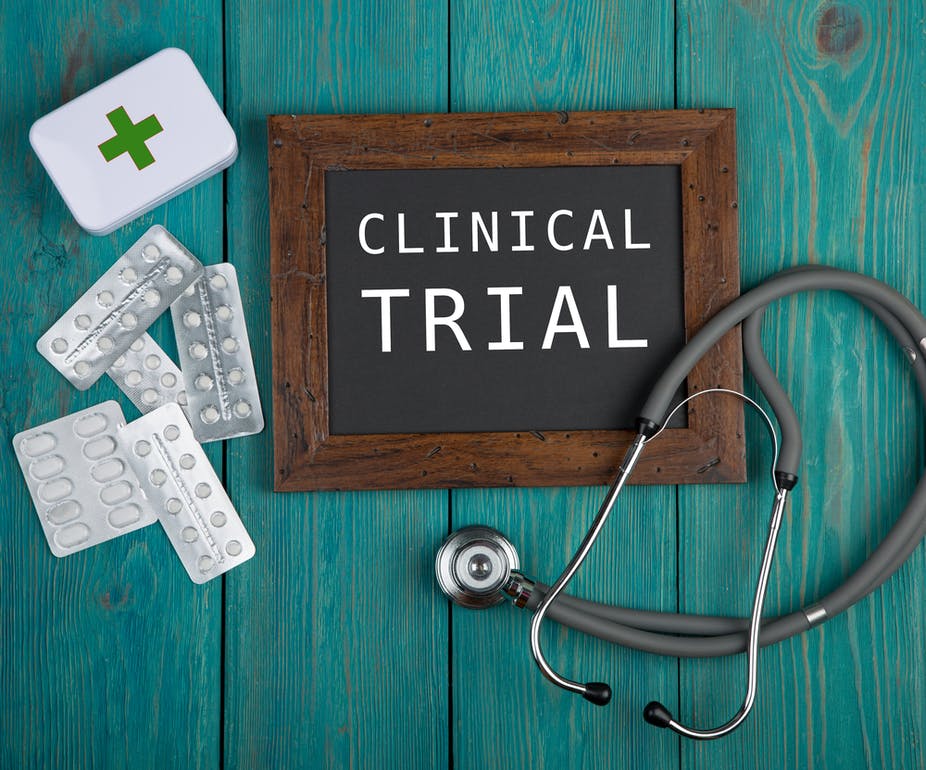The first article provides an overview of the general provisions of a new draft regulation on clinical trials for medical devices.

Table of Contents
The Turkish regulating authority has published a draft regulation on clinical trials for medical devices. The regulation is intended to set forth the requirements regarding the procedures and principles related to examinations carried out after registration of a medical device, clinical trials, as well as ensure the protection of volunteers participating in trials by the applicable standards and best practices.
The scope of regulation covers clinical trials and studies medical devices could be subject to after completion of registration and applies to all natural and legal persons involved in such trials. At the same time, it is explicitly stated that retrospective studies, as well as the ones intended to assess the effectiveness of in vitro diagnostic medical devices, are falling outside the scope of the present regulation.
Definitions
First of all, the regulation provides definitions of the most important terms and concepts used in the context of clinical trials including, inter alia, the following ones:
- Responsible person (administrative) – a doctor with proper education and responsible for the trials;
- Good Clinical Practice – ensuring compliance with all the requirements related to developing, conducting, monitoring, and assessing the results of clinical trials;
- Coordinator – a person responsible for coordination among all the parties involved including research centers, sponsors, and others;
- Sponsor – a natural or legal person, or organization in charge of initiating, organizing, and financing clinical trials.
It is also stated that the definitions provided in the Regulation on medical devices are applicable in the context of the present regulation as well.

General Principles
The regulation states that according to the applicable international standards, the principles to be followed including but not limited to the ones described hereinbelow:
- A medical device subject to assessment should be evaluated in the experimental environment other than requiring the participation of a human, or with a sufficient number of animals. Should it be impossible to conduct animal trials, the appropriate justification should be provided.
- Scientific data deriving from studies carried out in the experimental environment and human trials should provide the evidence sufficient to conclude that clinical trials are needed to reach the objective of a study.
- Ethics committees should be involved in developing and monitoring clinical trials.
- Volunteers or their authorized representatives should not be offered remuneration for participation or continuing participation in a trial. However, the initial budget could include expenses associated with the involvement of volunteers and compensation of their working days (for healthy volunteers).
- A clinical study should be carried out by a group of investigators headed by the chief investigator, having the necessary knowledge and experience. A chief investigator should be a doctor specializing in the sphere of a trial.
- A clinical study should be conducted in an environment that meets the applicable requirements concerning personnel, equipment, and premises necessary to ensure the safety of participants and the possibility of urgent medical intervention in case it will be reasonably needed.
- In case a volunteer cannot provide informed consent, its authorized representative should provide such consent.
- Preliminary information should be carried out by the chief investigator or other doctor included in the group.
- In case when CE-marked medical devices are used, insurance is not required, provided the appropriate ethics committee finds this suitable. However, insurance will be required in all other cases.
- In the case of several centers participating in clinical trials, a coordinator should be appointed.
Clinical Trials for Vulnerable Groups
The present regulation pays special attention to the aspects related to clinical trials conducted with the participation of vulnerable groups. In this regard, the regulation states the following:
- If a child can provide his consent, it should be also requested, apart from the respective consent to be provided by the child’s parents.
- The ethics committee should be duly informed about clinical, ethical, psychological, and social problems, associated with the trial.
- If children are involved, approval of the respective specialist is required.
- The same approach should be applied in the case of clinical trials in which pregnant women should be involved.
- Additional justification is required in case the study requires the participation of unconscious patients. Additionally, informed consent should be provided by the authorized representatives of such persons. Moreover, should the unconscious person be able to analyze the situation and decide to refuse to participate in a trial or leave it at any stage, they should be allowed to do so.
Initiating and Conducting the Trials
The regulation provides special rules to be applied about the applications submitted before EUDAMED enters into force. In such a case, an application should be submitted in electronic form via the appropriate system together with the documentation required. Should the application submitted be found completed, the authority will review it within 20 business days. It is important to mention that a clinical study cannot be commenced before the authority will explicitly grant its permission.
The regulation also covers the most important aspects related to clinical trials including, inter alia, the following ones:
- To maintain confidentiality concerning information about volunteers participating in a trial, in case of any notification of an adverse event, a special code should be used instead of a name. Such a code should be assigned to each volunteer and contain all necessary information. Personal data of the volunteers should not be published in any case.
- Significant changes to clinical trials – the ones that could significantly impact the safety of participants or reliability of clinical data – should be approved by the authority. For this purpose, a sponsor should submit the appropriate application via the electronic system. The authority will review the application and provide its response within 30 business days, provided it contains all the information necessary to assess the changes and their potential impact on the clinical trial. It is important to mention that such changes should not be implemented before approval is granted.
- In case of corrective actions that could include suspension or termination of the study, a sponsor should duly inform the regulating authority.
- Any incidents and adverse events should be properly documented.
In summary, the present draft regulation covers the most important aspects related to clinical trials and the way they should be organized and conducted. The document addresses certain specific matters to be considered to ensure the safety of participants and the reliability of the results.
Sources:
https://www.titck.gov.tr/duyuru/tibbi-cihaz-klinik-arastirma-taraflarinin-dikkatine-09022022123638
How Can RegDesk Help?
RegDesk is a next-generation web-based software for medical device and IVD companies. Our cutting-edge platform uses machine learning to provide regulatory intelligence, application preparation, submission, and approvals management globally. Our clients also have access to our network of over 4000 compliance experts worldwide to obtain verification on critical questions. Applications that normally take 6 months to prepare can now be prepared within 6 days using RegDesk Dash(TM). Global expansion has never been this simple.

